Empowered decision-making for all.
Partner to Decide is a US-based 501(c)(3) non-profit organization that exists to improve decision-making in maternity and perinatal care. We develop, test, evaluate, and implement tools and trainings to make it easier for pregnant people to make evidence-based, values-aligned decisions and for care providers to support them in doing so. In our work, we prioritize the needs and preferences of pregnant people who identify as Black and/or Latinx, are insured by Medicaid, and who have low literacy levels since they are least likely to experience shared decision-making and most likely to experience bias in their care. This helps ensure any improvements we make in maternity care are equitable - and will truly serve all.
-
Our Mission
Partner to Decide works to increase equitable access to rights-based person-centered decision-making in perinatal care. We create equity-centered and evidence-based decision aids for pregnant people and their providers to use together to support pregnant and birthing people to make evidence-based and values-aligned decisions that are right for them.
-
Person-Centered Decision-Making
Person-centered decision-making (also referred to as shared decision-making) is where person-centered care meets evidence-based medicine. It is a profoundly respectful process that supports a person to make an evidence-informed and values-aligned decision for themselves. The process involves a provider and patient discussing available treatment options (including evidence-based pros and cons of each option) in the context of the person’s values and preferences. Ultimately, it is always the woman or pregnant person’s choice.
Shared (or person-centered) decision-making in maternity care is associated with greater satisfaction with care and fewer depressive and post-traumatic stress symptoms after birth.
-
Centering Equity
We want all pregnant people to have access to the information, evidence, and support they need to make decisions that are right for them.
Research shows that pregnant people of color, those with lower levels of education, and those who are publicly insured, are least likely to experience person-centered decision-making. This is why we center women and pregnant people who are least likely to experience shared decision-making in our patient decision aid development processes. This is also why our decision aid is open-access. We believe that high quality, balanced, evidence-based, equity-centered tools like this should be available to everyone.
“This process feels really empowering. I came to this decision on my own with this data.”
Pregnant person who used our induction decision aid



